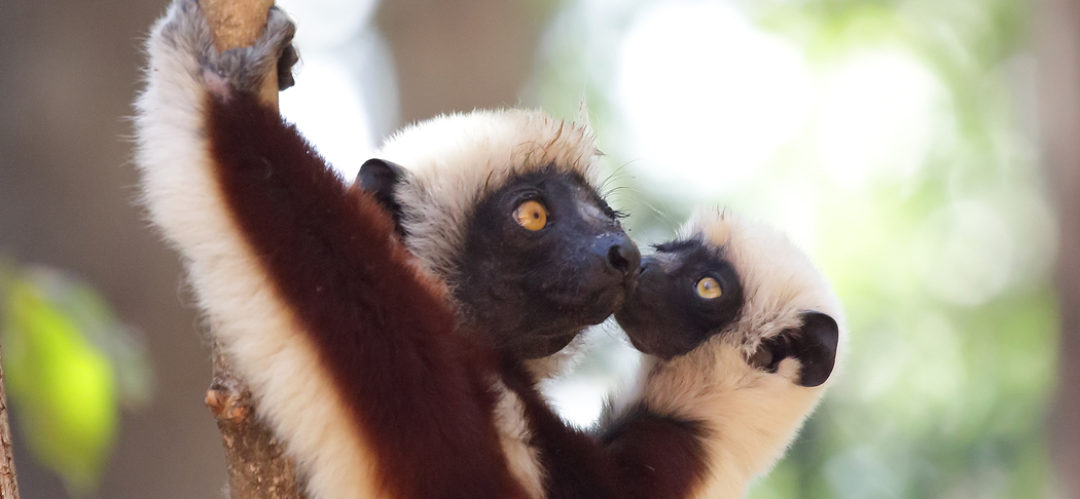As we expanded our program to new areas internationally, we are migrating our website to a new URL. Please check out: PhotographyInspiringConservation.org for current updates!
Photography Inspiring Children in Conservation (PICC) is a project based upon this concept of truly seeing and engaging with the natural world. In working in collaboration with local communities to celebrate their relationship with, and to learn about, their local ecosystem and endangered wildlife, we provide a platform to share traditional ecological knowledge, empowering future generations in conservation issues and solutions, and giving them the skills to be effective in conservation and communication.
Our goal is to inspire students to become conservation leaders within their communities by providing them with skills and knowledge regarding primate ecology and conservation issues and solutions through the arts of photography, illustration, and storytelling.
Background
Greater than 60% of the more than 500 known primate species are threatened with extinction, and more than 98% of Madagascar’s lemur species are endangered – 33% critically endangered – a situation that is known as the “primate extinction crisis”.
Worldwide, suitable primate habitat is decreasing due to the conversion of forests to open areas suitable for grazing cattle, harvesting agricultural products such as rice and palm oil, and extracting resources through mining and oil drilling. Primates are also directly endangered by the illegal pet market and hunting.
In Madagascar, paleontological and paleoclimatological records suggest that lemur habitats across the island have been affected by a combination of climate change and human activities. The recent past has seen an ongoing reduction of forest coverage due to the combination of international harvesting of rare trees and deforestation in response to a local demand for charcoal as cooking fuel. Malagasy families often rely on their regional ecosystem for food by hunting lemurs and other wildlife, burning grasslands for fresh grazing, and cutting trees to either create space for agriculture or sell wood to purchase food. Burning coal and practicing shifting agriculture are often the primary means by which rural communities survive, but these actions are unsustainable; deforested land is often overrun by invasive grasses, shrubs, and secondary forest species, making the land unsuitable for grazing cattle, growing crops, or reforesting to provide suitable lemur habitat.
However, there are also many hopeful programs in Madagascar and around the world working in reforestation, alternative fuel and foods, and environmental education.
We hope that this project, through engaging and empowering the children and communities to understand the benefits of conservation, will work to contribute to the protection of their forests, primates and other forest animals.
INTRODUCTION TRAILER
This short film describes PICC using footage and photos from the PICC pilot project in Suriname and travels in Madagascar. Photography and wildlife footage by Kathy West and film production by Jaclyn Aliperti.
Thank you to the following for their generous support of the PICC pilot project in Lelydorp, Suriname: Dr. Marilyn Norconk, Chantal Landburg, and Ariocené Vreedzaam for their support and participation, and US Fulbright funding (Suriname Forest Fragment Project) for making it possible. Thanks, too, to the teachers, students and parents of Lelydorp for their enthusiastic participation and excellence in learning!
Special thanks to the American Society of Primatologists Conservation Committee.
PICC TEAM
We have gathered an exciting international team of multilingual experts in: primate biology, photography, illustration, storytelling, conservation issues, and filmmaking to help engage the students, teachers and community, and collaborate on conservation solutions through the PICC experience.
Help Support Us
PICC is partially supported by a generous grant from the American Society of Primatologists Conservation Committee, 2018. All of our project team members are donating their time and skills to advance lemur conservation through this project.
Funds are needed for printing, student materials, and logistics in order to successfully accomplish all components of this program. In-kind services and contributions are welcome!
Photography Inspiring Children in Conservation is a 501(c)(3) nonprofit organization. All donations are tax deductible.
To see how you can help, please visit our Support Us page or contact us directly.
